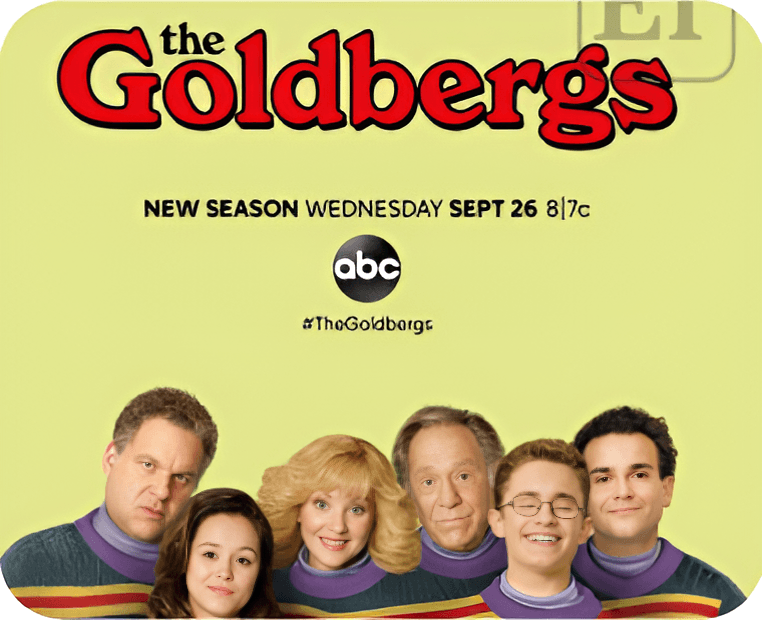On-Camera Tips for Actors in Perth
When working on set in Perth, it is essential to understand how the camera works and the best angles to use for yourself. Though stage acting is where the best training happens, it is also beneficial to work in film and TV to make an actor's career more diverse and interesting. Switching between mediums can be intimidating for those who have never been on set, but preparation is essential for a great performance when shooting in Perth. You can find more opportunities by looking for auditions in Perth.
John Sudol, acting coach and author of "Acting: Face to Face: The Actor's Guide to Understanding How Your Face Communicates Emotion for TV and Film," explains that a difference between acting for the stage and acting for the camera is that the former requires knowledge of two channels of nonverbal communication: the body and the voice. On the other hand, when it comes to on-camera acting, an actor must be proficient in three channels: the body, the voice, and the face. Mastering all three will enhance an actor's versatility on and off the stage. There are also many acting jobs in Perth available for actors who are prepared.
To get the best results in headshots, actor coach Aaron Sudol recommends starting with emotional alignment or being able to express your inner emotions accurately. To assess this, he conducts an emotional screen test, focusing on the seven universal emotions: sadness, anger, fear, disgust, contempt, joy, and surprise. Sudol explains that some people naturally internalize their emotions, meaning they don't show what they're feeling, while others are more adept at externalizing and connecting with the intensity of emotion. This could be the key if you've been struggling to convey different emotions in your headshots.
Understanding how to use emotions in one's acting effectively can be achieved through various sources. These include taking acting classes, studying films of the greats, self-recording and reviewing, and reading books such as Andrea Morris' "The Science of On-Camera Acting," which provides a detailed explanation of how to act believably on camera. Stage actors often feel overwhelmed by the prospect of delivering true-to-life performances onscreen. This can be attributed to the idea that "theatre is big and film/TV is small." Although this is a widely accepted theory, it can lead to a lack of emotion in the audition room or on set, as highlighted by Meisner-based acting coaches.










